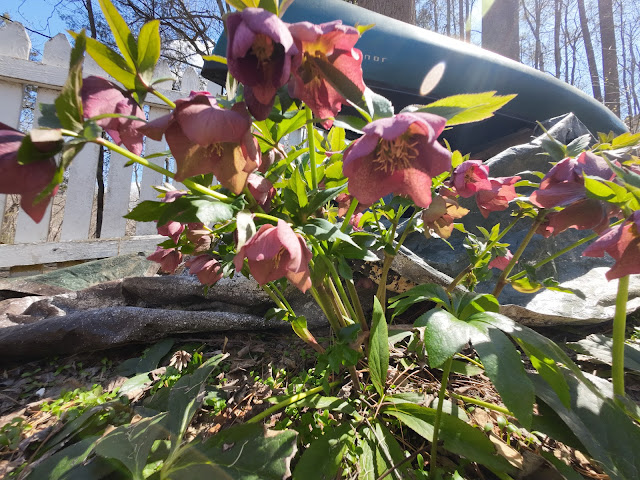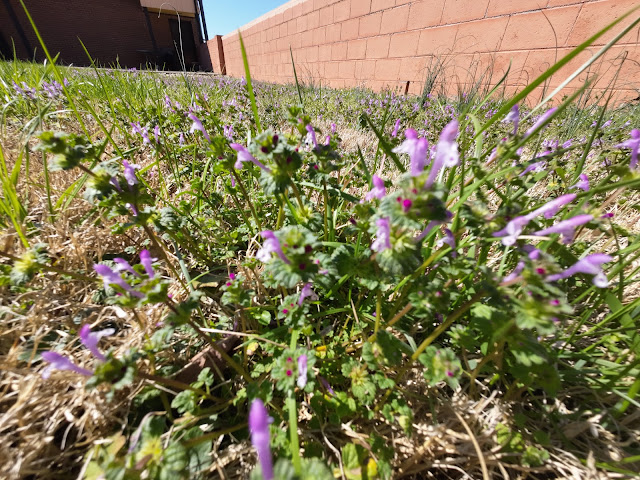she rises. this was a lil spider plant that had been sitting on the vine for too long so I put it in some dirt and it's coming to life. hooray
this crow outside my window is drinking out of a roof puddle while it's fully raining. right on brother
a thing I've been doing is after saying nothing for a long time I'll just say ALRIGHT but in my best attempt at a thick Scottish accent so it's something like, H'OLRHYTE! and that's been a great time
William Blake wrote
Ah! Sun-flower! weary of time,
Who countest the steps of the Sun:
seeking after that sweet gold clime
Where the travellers journey is done.
Sunflowers, like many plants in the asteraceae family, exhibit heliotropism- which is where they follow the sun's path across the sky. And so you imagine these poet types like William Blake sitting around, waiting, doing nish off in a field somewhere and they watch this flower follow the sun and think, "Aw man sucks to suck, brother." Cuz the sun is always going to go below the horizon. The sunflower will never reach the sun. But, I don't know, is that a bad thing? Like if the sunflower reached the sun it would be vaporized into hydrogen and such. The sunflower gets the light from the sun that it needs by following it so I don't know why it has to be weary. It's a good deal! And some people would argue that this is too simplistic a reading and that Blake is obviously being sarcastic or whatever. I think William Blake is a cool guy for thinking about sunflowers and the sun and maybe we should all think about flowers more or the suns that we might be following OR you could think about moths and how they use the moonlight for navigation and how cool that is. Are you a sunflower-sun kind of person or a moonlight-moth kind of person and what does that even mean? William Blake would probably know. As best I can tell the most famous thing William Blake ever wrote about moths was, and I'm paraphrasing here, "don't ever kill a moth for the day of retribution is near." Very cool, Mr. Blake. Very cool.
















